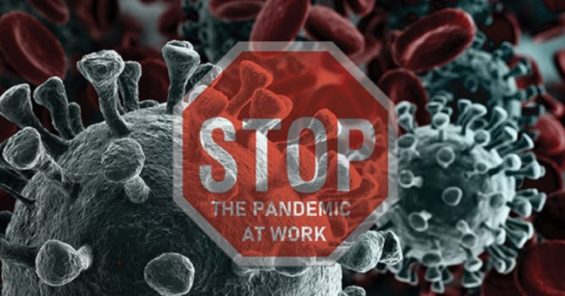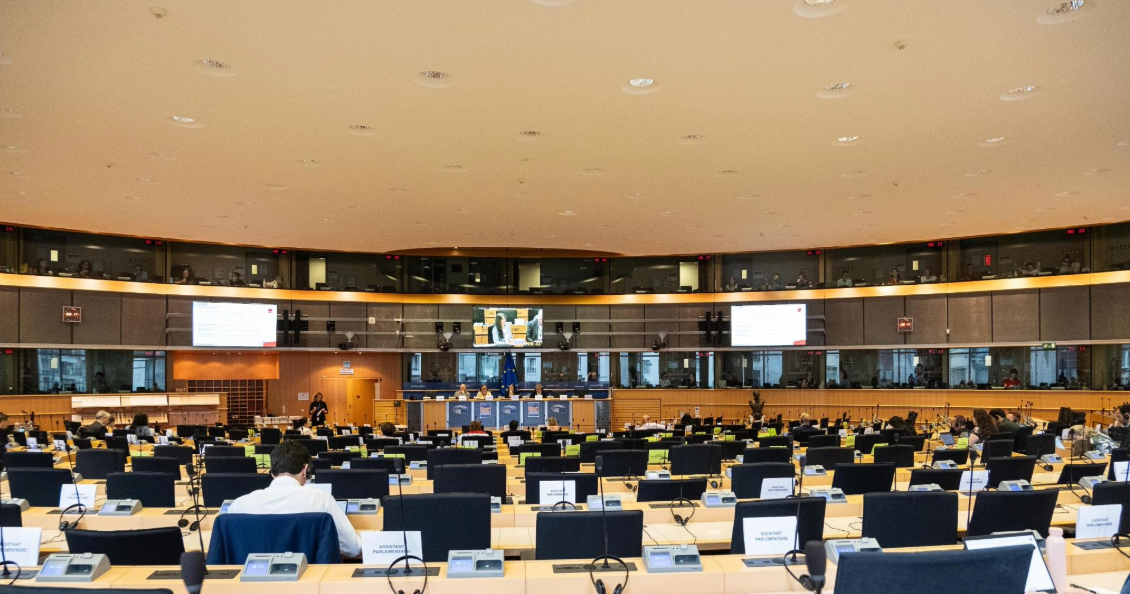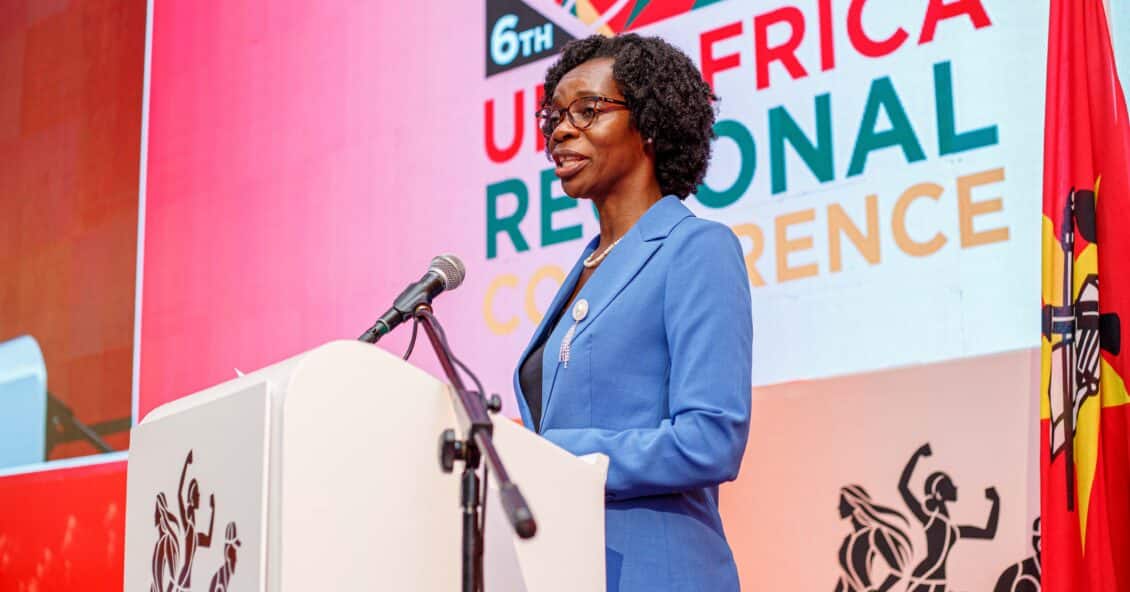This International Workers’ Memorial Day, UNI Global Union, as part of the Council of Global Unions, is calling upon governments and occupational health and safety bodies around the world to recognise Covid-19 first, as an occupational hazard and also an occupational disease.
These designations are critical at this time because, as with all “hazards,” it should be made clear that employers have a responsibility to protect their employees.
“That means strict hygiene measures, social distancing, sufficient personal protective equipment of the correct types (with proper programme implementation), and testing, tracing and tracking protocols for exposed workers and those they may have come into contact with, particularly when testing becomes more readily available.“
The council, made up of ten global union federations and the ITUC, asserts the designation of occupational disease is also needed urgently to include a ‘rebuttable presumption’ that where a person’s job placed them at risk of exposure, COVID-19 should be recognised and compensated as a work-related disease.
This classification would, according to:
“ensure the right to worker representation and occupational safety and health (OSH) rights and the application of agreed measures to reduce risk. These rights include the right to refuse to work under unsafe working conditions. Governments must require reporting and recording of work-related cases and ensure that full medical care as well as compensation schemes are provided for victims of work-related COVID-19 and for their affected families.”
As governments have been scrambling to develop guidelines or rules for the prevention of COVID-19 at worksites, unions have been taking the lead and negotiating provisions to protect their members.
In country after country, trade unions are fighting for worker safety during the pandemic. There is an acute need for PPEs among caregivers and unions everywhere have raised a demand that the care givers be better protected.
Unions in other “essential” sectors are also insisting that measures to be taken to ensure that physical distances and hygiene are maintained. For example, in grocery stores, plexi-glass windows have been installed to protect cashiers, or lines drawn on the floor to ensure that customers stay apart. Postal workers have negotiated the ability to leave packages without a signature. Finance workers have negotiated that they see customers only by appointment, in order to avoid a crowd in the branch office or in some cases restricted opening hours.
In the early stages of the global outbreak, a survey of UNI affiliates found that more than 90 per cent are proactively educating members about the crisis and more than 80 per cent plan to keep pushing for long-term worker safety reforms after the crisis is over.
“We take today to mourn for the thousands of workers who have died or fallen ill, but also to redouble our commitment to fight for safe jobs,” said Christy Hoffman, General Secretary of UNI Global Union. “From Argentina to Australia and from South Africa to South Korea, unions are fighting for and winning protections for frontline employees and income security for those unable to work. But governments must back them up with enforceable occupational health and safety rules to make clear that COVID is an occupational risk and indeed an occupational disease for many. Those who put their lives on the line should have the respect that they deserve by ensuring that preventative measures are implemented to the fullest extent possible and that they have fair access to compensation if they get sick.”
Read General Secretary Hoffman’s International Workers’ Memorial Day message here.
In many of its sectors, UNI has issued guidelines for safe work during the Covid crisis. In the commerce sector, UNI has entered into a landmark agreement with some of the largest retailers in the world to set and enforce safety standards. It filed the first OECD complaint documenting Covid-19 related workers’ rights violations against outsourcing giant Teleperformance. Last week, it lead a global day of action for home care workers. In a letter sent yesterday, UNI Europa has called on European Commissioner for Jobs and Social Rights, Nicolas Schmitt, to add Covid-19 to the EU’s list of occupational diseases.
To see more about UNI affiliates’ response to the pandemic go here.


